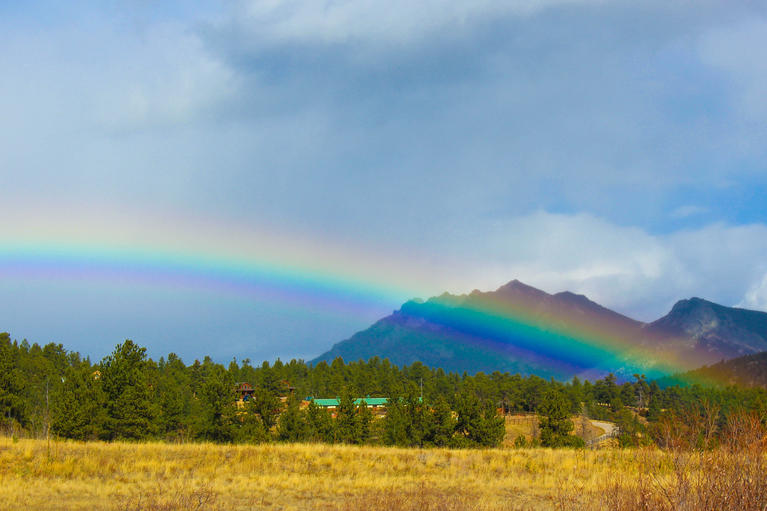
Greenhouse Gas Pollution Reduction Roadmap
Greenhouse Gas Pollution Reduction Roadmap
Colorado’s ambitious plan to reduce emissions is underway.
Our goal is to reduce greenhouse gas pollution in Colorado 26% by 2025, 50% by 2030, and 100% by 2050 compared to our 2005 levels. These goals are in line with the Intergovernmental Panel on Climate Change’s targets to keep global warming under 1.5 degrees Celsius.
In January 2021, Colorado released its first Greenhouse Gas Pollution Reduction Roadmap (“GHG Roadmap”). The Roadmap is a science-based, ambitious, and substantial plan for climate leadership, pollution reduction, and clean energy transition. By December 2022, Colorado had begun work or completed over 90% of the actions identified in the Roadmap.
After a year-long process of public engagement and internal analysis, the state released an updated Greenhouse Gas Pollution Reduction Roadmap (“Roadmap 2.0”) in February 2024. Roadmap 2.0 includes an updated inventory of emissions and a new set of Near Term Actions that will guide implementation in the state through 2026.
Roadmap 2.0 shows that without any new rules or laws beyond what is already underway as of the fall 2023, Colorado is projected to be more than 80% of the way to meeting its statutory goal of a 50% emissions reduction in 2030 from 2005 levels. As part of Roadmap 2.0, the state is committing to 49 additional Near Term Actions that will drive emissions reductions in every sector.
Read the Greenhouse Gas Pollution Reduction Roadmap 2.0
Colorado’s Current Emission Profile
The GHG Roadmap presents a sector-based approach to reduce pollution. Colorado’s largest sources of GHG emissions are:

Transportation

Electricity Generation

Oil and Gas Production

Industry and Manufacturing

Fuel use in Homes and Buildings
Colorado’s Clean Energy Transition
The Roadmap builds on actions that Colorado is already taking to reduce GHG pollution. The Roadmap proposed the following steps to achieve Colorado's emissions reduction goals by 2030:
- Swiftly transition away from coal to renewable electricity
- Reduce methane pollution from oil and gas development
- Accelerate the shift to electric cars, trucks, and buses
- Make changes to transportation planning and investment and land use planning to encourage alternatives to driving
- Increase building efficiency and electrification
- Reduce methane waste from landfills, waste-water, and other sources
Additional Resources
View the 2021 GHG Roadmap Executive Summary and Report.
2021 GHG Roadmap
El resumen ejecutivo está disponible en Español.
Supplemental materials related to the 2021 GHG Roadmap, including technical appendices, outreach plans, and presentations, are available upon request.
Review all the Greenhouse Gas Pollution Reduction Roadmap Implementation Reports.
Implementation Reports
